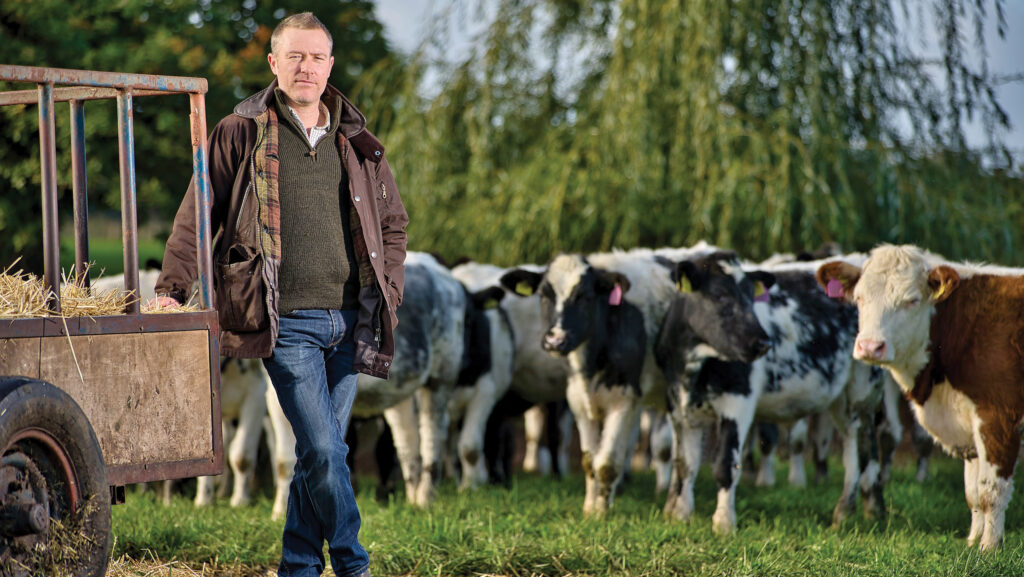Will’s World: Why farmers could do to be more Street-wise
 © Richard Stanton
© Richard Stanton Most of those who are writing about the present agricultural depression are suggesting that somebody or other should do something for agriculture, never that agriculture should do something for itself.
A generation of farmers must arise who can get a living in spite of any government, rather than with the aid of government intervention.
See also: What to consider in light of planned Budget IHT relief cut
Stirring words, aren’t they. Except they’re not mine – they were written by my illustrious forebear on these pages, the Wiltshire farmer, author and broadcaster AG Street.
They appeared in his first-ever article, published in The Daily Mail 95 years ago this month, on 22 November 1929, entitled “Handicaps on Agriculture”.
By the book
The great man is a hero of mine, and I periodically re-read his masterpiece, Farmer’s Glory.
I often wonder what he’d make of the current state of British agriculture, and imagine we could have an interesting discussion about it all over tea and biscuits.
Chronic labour shortages, rampant inflation, untrustworthy politicians, low commodity prices, arguments over subsidies – and even the plague of loud-mouthed populist extremists whipping up fear and promising easy solutions to complex problems – are all things he’d certainly recognise from his own era.
I’d ask him about the unprecedented financial challenge that he and other farmers faced during the depression, which forced him to lay off most of his staff, let go of land, and drastically adapt his lifestyle and farm to survive.
Although it brought him close to bankruptcy on more than one occasion, he got through it with a combination of hard work, business acumen and admirable pragmatism.
It must have been incredibly difficult, though, and I’d like to dig deeper into his motivations and what kept him going.
Was it self-belief, stubbornness, or the fact that in those pre-supermarket days, you at least knew that you had an almost guaranteed local market for your produce, and that food was highly valued, meaning that however long and dark the tunnel, at least you could see light at the end.
Perhaps that’s overly simplistic; I’d be happy to stand corrected. He was, after all, probably the first to sound the alarm about the problems cheap food and a disconnected customer base could bring – and we are certainly seeing some of them now.
Fit for purpose
At least he was sure of what he was supposed to be. Much like my own grandfather, and then the old man after him, AG knew with certainty and clarity that his job was to produce as much food as he could in as efficient a way as possible, and then sell it for the highest price he could get.
It was the same for me, rightly or wrongly, when I started farming in the mid-1990s.
Having a strong sense of identity is important for many reasons, not least for mental health, but also for decision-making, relationships, self-awareness, resilience and a feeling of belonging.
But in 2024, as a community and industry, farmers are going through quite possibly the greatest identity crisis we’ve ever encountered.
Are any of us really sure of what we’re supposed to be, what direction we’re meant to be going in – or indeed, if the destination is worth the growing cost of getting there?
Anyway, as I started this column with his words, I’ll finish with them as well – they’re perhaps even more relevant now than when they were written.
“This nation must choose – it can either have its countryside as a badly farmed museum and recreation ground for townsfolk, or as its most important national industry. It cannot have both.”

